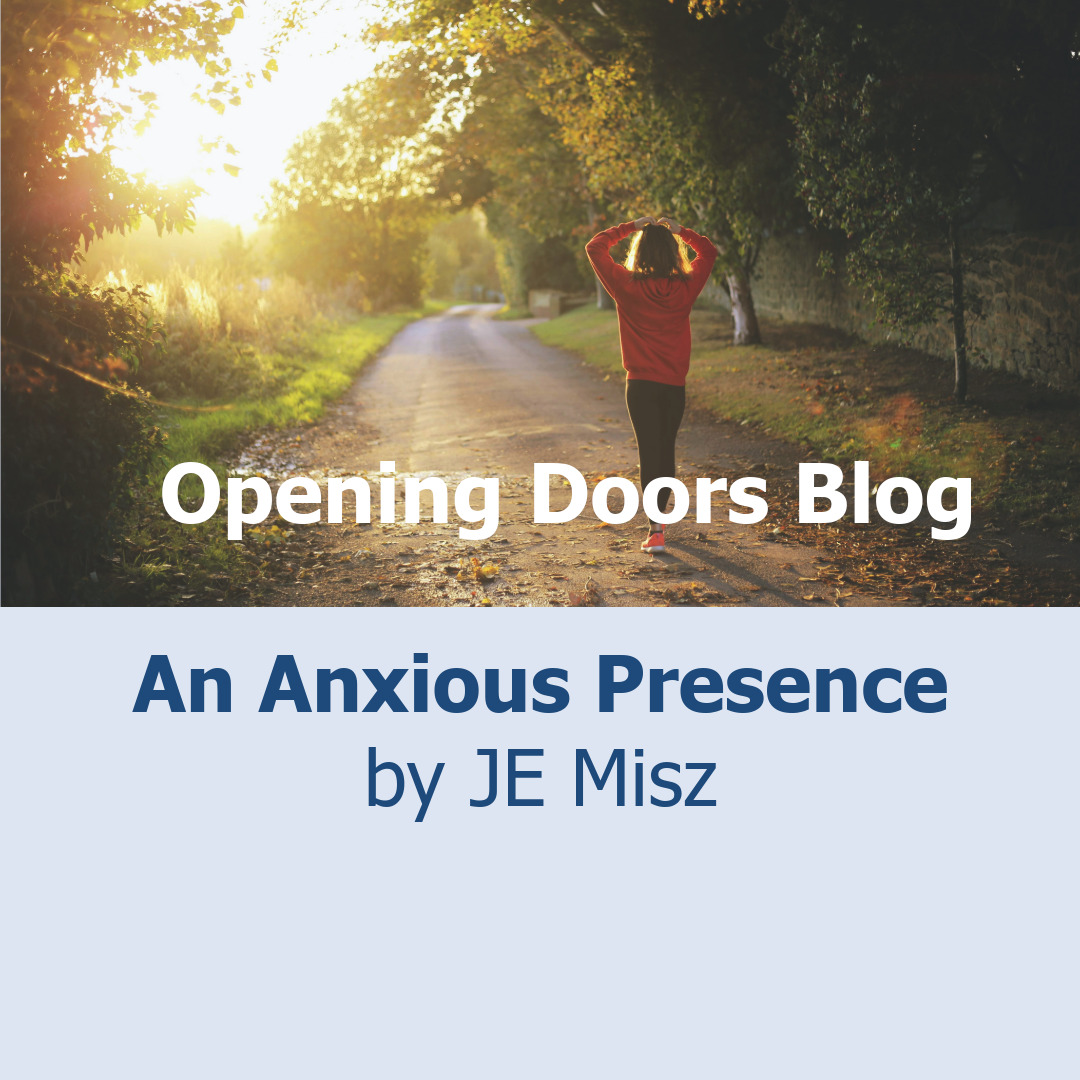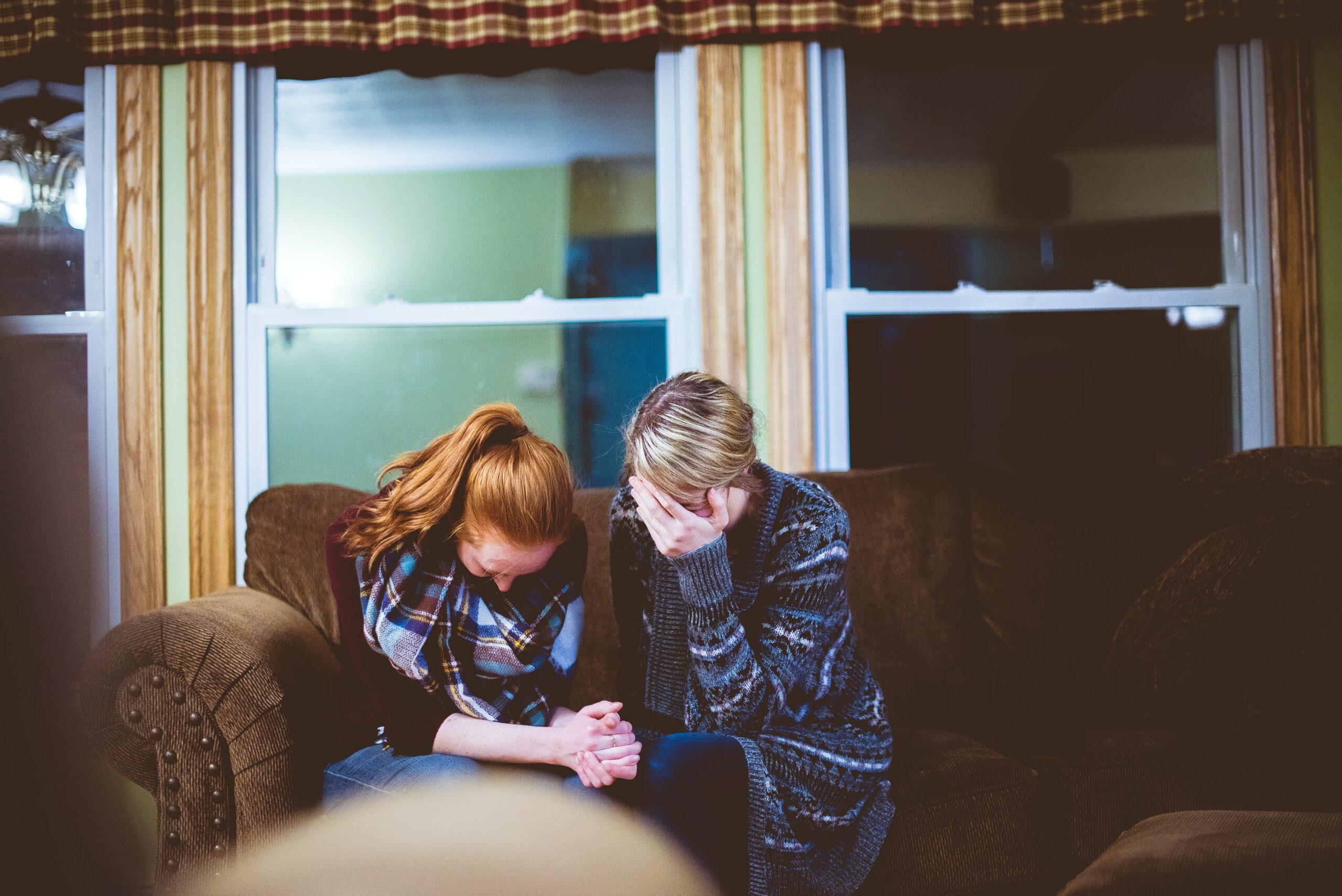Depression and Anxiety
Depression can have biological, psychological and social causes. Symptoms can include feeling sad, anxious, empty, hopeless, worthless, or guilty. Depression can interfere with our ability to work, sleep, study, eat, and enjoy life. Depression can sometimes improve without intervention. However, we cannot expect that people will get better from will power or faith alone. As with physical illness, mental illness often requires treatment.
Depression is common and often goes hand in hand with anxiety. Because they are common, depression and anxiety can be found in every faith community, among adults and children, whether acknowledged publicly or not.
God’s gifts to people with depression and anxiety include psychiatric care, medication, and psychotherapy, in addition to a caring and supportive community.
Tips for Supporting People with Depression and Anxiety
For Congregations
- Talk, lament, and pray regularly about depression and anxiety in worship and Sunday School.
- Annually celebrate Mental Health Awareness Sunday.
- Offer an adult education class on mental health and illness.
- Offer a support group for people who experience depression and anxiety, led by a trained facilitator.
- Regularly offer mental health trainings from Mental Health First Aid, Churches Care, or Pathways to Promise.
- Pastors & Leaders:
- Share openly about experiences of depression and anxiety, both from the pulpit and in conversations.
- Maintain a list of local professionals and refer individuals as needed.
- Pastors are mandated reporters in over half the states in the U.S. and, as such, must call 911 if someone is in danger of harming themselves.
For Individuals
- Listen to someone’s experience of depression and anxiety without judgment.
- Sit compassionately with someone without dismissing their feelings or trying to “cheer them up.”
- Offer companionship and friendship. Ask them out to coffee or lunch, to church activities, to a walk outside or a trip to a cultural event.
- Ask about self-harm and suicidal thoughts. Tell your pastor if someone is in danger of harming themselves.
- Participate in trainings, workshops, and events about mental health awareness and support.
Resources
Resources from Others
- Depression (National Institute of Mental Health)
- Depression (NAMI)
- Depression and Bipolar Support Alliance
- Anxiety (National Institute of Mental Health)
- Anxiety (NAMI)
- Anxiety and Depression Association of America
Recommended Reading
- Fierce Goodbye
- Not Quite Fine
- Ministry with Persons with Mental Illness and Their Families
- Souls in the Hands of a Tender God
- Streetlights: Empowering Christians to Respond to Mental Illnesses and Addictions
- Finding Jesus in the Storm: The Spiritual Lives of Christians with Mental Health Challenges
- Mental Health and the Church: A Ministry Handbook for Including Children and Adults with ADHD, Anxiety, Mood Disorders, and Other Common Mental Health Conditions
Organizations
- We Rise International: Churches Care is a mental health & addictions training program for congregations of faith.
- Pathways to Promise: An interfaith organization that provides support, education, trainings, and resources to congregations looking to be a welcoming place for people with mental illness, addictions, and disabilities.
- Interfaith Network for Mental Illness: Resources, consultations, and educational materials for faith communities seeking to become places of care for people with mental illness.
- Caring Clergy Project: Resources for faith community leaders on supporting someone with mental illness and knowing when to refer them to a mental health care professional.
- Mental Health First Aid A course that teaches people how to identify, understand and respond to signs of mental illnesses and substance use disorders.
Your Stories
-

An Anxious Presence
Board member and field associate JE Misz shares advice for how churches can welcome people with anxiety.
-

Tiny, Little Awkward Steps
Pastor Nathanael Hofstetter Ressler offers tips for congregations beginning to accommodate for mental illness and support mental health.



